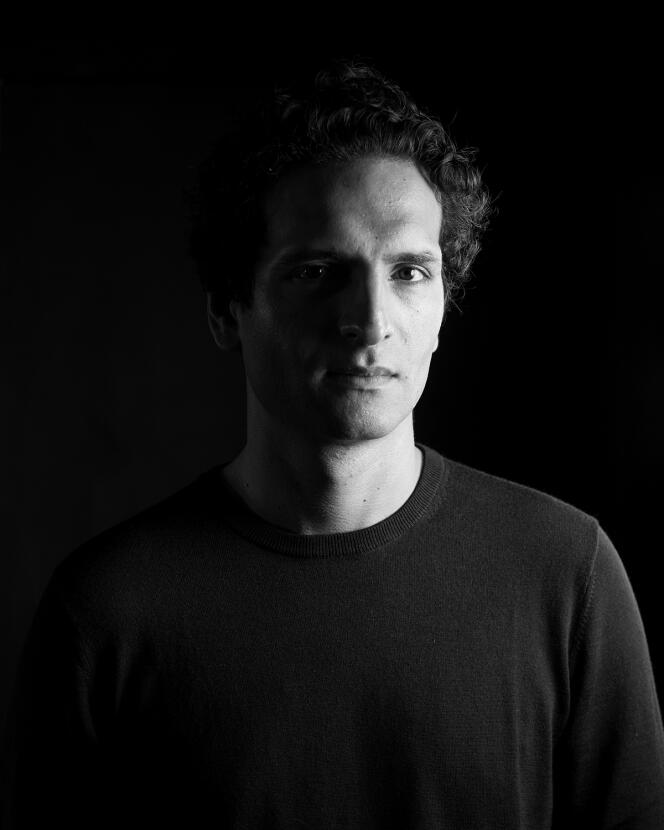Writing a novel based on your own life is a strange process: at the beginning, you think that it is your story that you are writing, little by little the character takes on depth, freedoms, and it is rather you who become the character. Skander, the hero of my book, is dreamer and trickier than me, and sometimes more naive. But what he goes through is my romanticized experience.
Madame Khadija is a central character in my life and my novel, partly inspired by the lady who welcomed and raised me, from the age of 10 to 18. She was a competitive cook, of Moroccan origin, who had five mouths and big male appetites to feed. We were growing, we were eating a lot.
I observed him preparing great dishes, balanced and invigorating cuisine, always with “holy meat” between. It was inconceivable for him to make a dish without meat or fish. And we ate, we ate, we ate… On weekends, when I went to visit my mother (who had entrusted me to child welfare), I tried to reproduce Madame’s cooking Khadija. Suffice it to say that, from childhood, food has held an important place in my life and in my social relationships.
“I felt privileged”
I was also a straggler, I loved being outside with my many friends. If we ate sandwiches, often Greek fries, we also cooked. I remember our first barbecue well, lit with white spirit. And, throughout the time I spent in foster care, I regularly saw the social worker, who took me to restaurants. It was at the Buffalo Grill, sure, but it was still a restaurant, I was happy and proud. I felt privileged.
Not everyone knows what it’s like to go to a restaurant. As a student, I also worked in restaurants in Paris, in the dining room. I served customers, praying that they wouldn’t finish their meals and that I could stab their carpaccio before it went in the trash. I worked quite a bit in the 7e district of Paris, with an Auvergnat. It was hard and very educational. And then, one day, in 2018, the board fell from my hands. I had started writing, I had dreams of grandeur and I was serving bo bun, I couldn’t do it anymore.
“The moment of comfort”
At home (as soon as I had a home), I always cooked. I love that. And, when I write, I have to cook. Writing is a long, solitary, sacrificial process. At lunchtime, I eat canned sardines with a piece of bread, sometimes a radish or tabbouleh, so as not to collapse under the weight of digestion. But, in the evening, I cook myself a good meal. It costs less than eating out, it’s the time of comfort, of pleasure after the effort.
This recipe for pasta with prawns and tomatoes (or spaghetti with bisque d’amour), I developed alone and I like to prepare it for myself. I learned to master it, to make it essential. Like when I write, ultimately. Because to write is to reduce. Don’t take it easy, don’t overdo it, get to the essence of taste or style. Cooking and writing have all of this in common.
Ideal conditions, by Mokhtar Amoudi, Gallimard, 256 p., €21.
